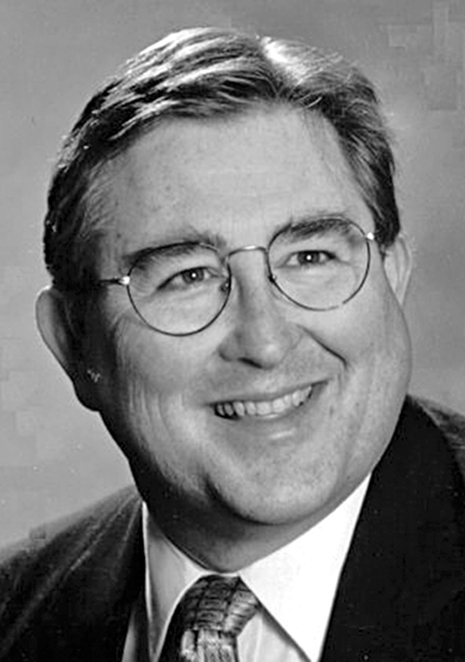By Danny Crownover
Many boys and older men who did not participate in the Civil War stayed behind and formed Home Guards. Those units did their best to defend their homes and towns. After the war ended, there was no official militia in this area but veterans of the war met periodically in associations. Individual military companies later began meeting and forming, such as the Gadsden’s Etowah Rifles.
The Etowah Rifles (Company C) became a National Guard organization in 1882. Judge John H. Disque was the company’s first captain. This militia group originally consisted of many Confederate veterans and young men seeking to give back to the community. The men were frequently called to quell disturbances, both in Etowah County and throughout the state.
On July 4, 1883, the Etowah Rifles staged a colorful military parade in Gadsden down Broad Street. Unfortunately, that was the day of the greatest fire that ever hit the city. The fire destroyed all buildings on the south side of Broad Street from 3rd Street almost to 5th Street.
The Gadsden Fire Department’s bucket brigade was aided by the Etowah Rifles in an attempt to stop the fire. The men fought gallantly but 26 businesses were destroyed. The Etowah Rifles stood guard throughout the night to prevent looting and pilfering.
By the spring of 1885, baseball was popular in this area. The Etowah Rifles militia group had a strong team and played against several teams throughout Etowah County.
In 1886, the Etowah Rifles were ordered to Round Mountain, a mining town, to quell a riot. In 1894, the company aided in the preservation of peace at Ensley City, being commanded at that time by Captain L.L. Herzberg of Gadsden.
On April 29, 1898, under the command of Captain Nelson G. Canning, the company offered itself with 59 enlisted men for service in the Spanish-American War. On May 1, 1898, the company left Gadsden for Mobile with 40 recruits and was mustered in the U.S. Army on May 13.
Back when the U.S. and all of Alabama were getting ready for war with Spain, the Etowah Rifles unit was recruiting for that purpose. Mack Cummins, the well-liked black Gadsden barber, announced that he would raise a company of blacks if President William McKinley would permit. Mack had over 500 applications from those who wanted to serve. However, the war ended before the unit could get ready.
On Feb. 19, 1901, the Etowah Rifles were sent to Guntersville to prevent a lynching attempt at the sheriff’s office. A threatening mob broke into the building. The soldiers secured the building and spent the en-tire night until returning to Gadsden.
Captain L.B. Rainey, a prominent Gadsden lawyer and former congressman from the old Seventh Ala-bama District, was asked in 1906 if he recalled what happened in local military circles.
After studying for a minute or so Rainey said, “Oh yes, that was when I dismissed nearly every member of the old Etowah Rifles and later organized the Queen City Guards.”
Rainey had been captain of Company C of the Third Regiment, Alabama National Guard, for only a short time when he began to warn some of the members that the laws required them to attend so many drills a month and to attend all meetings. Many of the men paid no attention to Rainey’s orders or warnings. They were said to be rather negligent and not amenable to military discipline.
One day Rainey sent out letters notifying some of the offenders that they had been honorably discharged, clai-ming he was enforcing the law. Fifteen of the accused were cited to come before a court martial. When some of them threatened to rush the armory, soldiers armed with bayonets were placed on guard, and nobody was allowed to enter except on written permission.
There was much confusion for days. The dismissed members filed a protest with Adjt. Gen. W.W. Brandon at Montgomery, and he wrote to one of them that the discharge was illegal. Some of the boys said they “were kicked out,” but soon the trouble began to simmer down. The adjutant general came to Gadsden and mustered out the old company and mustered in the new company, which made everything legal.
The new company was renamed the Queen City Guards – still honored with the letter ‘C’ in the regiment – and Rainey was elected captain of the new company. Soon more members came in, and it was not long before the company was almost up to its full quota. It certainly was a popular organization, but eventually things were not to be.
On April 10, 1912, the Queen City Guards were mustered out of service by Major H.F. Johnston of Anniston. The guards were ordered disbanded shortly after an inspection by a regular army officer and Adjutant General Scully.
The company was found deficient in many ways, particularly as to equipment, and Captain Campbell was found short of articles such as blankets and bayonets.
The company eventually was restarted and became Company ‘F’ in the famous 167th Alabama Regiment in the Rainbow Division of the First World War. The company was sometimes called the Etowah Rifles by locals.
Memorial Bridge on Broad Street, Rainbow Drive and Rainbow City were named and honored after this company.





